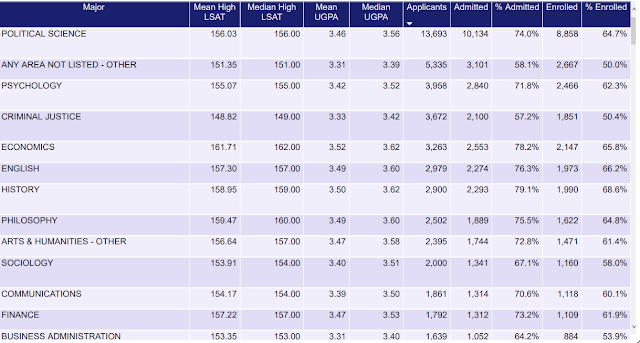I was listening to a recent episode
of Hidden Brain the other day about anomalies,
specifically things that are supposedly anomalies in economic theory. The guest
was Richard Thaler, who is famous as a behavioral economist and Nobel Prize
winner. The discussion reminded me of some of the problems that I have with some
work that is described as behavioral economics. One of the stories he told was
about Richard Rosett, a professor of his when he was in graduate school at the
University of Rochester. Rosett collected wine. He wouldn’t spend more than $20
or $30 on a bottle, but sometimes a bottle he had purchased would increase in
price to as much as $200. There was a wine shop in Rochester that would have purchased
these valuable bottles from him, yet he would serve them rather than sell them,
despite the fact that he would not spend $200 on a bottle. Thaler regards this
as an anomaly that contradicts economic theory. The claim is that economic theory
says that cost is the value of the foregone opportunity. It doesn’t matter whether
you paid $200 for the bottle you are serving or gave up the opportunity to sell
the bottle for $200. Either way the cost is $200. That’s all well and good, but
it is ignoring the value of the story, which is odd because Thaler claims
stories are his thing.
I assume Thaler knows this story
because Rosett told it to him. Serving a $200 bottle that you paid $20 for is a
very different story than the story you tell when you serve a $200 bottle that
you just bought. The first is about your skill in purchasing good wines, the
second is bragging about your wealth. Everyone can enjoy the first story. You
shouldn’t tell the second story. The other possibility is to sell the $200
bottle and buy more $20 bottles to serve. Again, this isn’t such a great story:
“I had a $200 bottle of wine, but I sold it and bought some less expensive wine
to serve you.” Following Thaler’s notion of economics would have cost Rosett
the pleasure he gained from telling the story to people like Thaler. Economists assume that people try to maximize
their utility not their wealth. I am inclined to believe that Rosett was in
fact behaving exactly as economic theory would predict he was maximizing his
utility.
I think part of the problem with
the wine story comes from not appreciating the many ways in which people can
get satisfaction (utility). This showed up later in their discussion of
tipping. From the standpoint of economic theory there is nothing anomalous
about leaving a tip. If you believe that leaving a server $20 will give you
more satisfaction than alternative uses of that $20, that is what you should
do. One of the silliest notions that some people try to attribute to economics
is that economists think people only care about their own material gain. Yet
nothing could be further from the truth. Don’t take my word for it. Here is University
of Chicago economist and Nobel Prize Winner Gary Becker:
“One basic query is: What is meant by rational behavior?
Consider first what is not meant. Certainly not that people are necessarily
selfish, “economic men” solely concerned with their own well being. This would
rule out charity and love for children, spouses, relatives or anyone else, and
a model of rational behavior could not be so grossly inconsistent with actual
behavior and still be useful.”
Economic theory doesn’t say what people should and should
not get satisfaction from. It just says that whatever people get satisfaction
from their choices will tend to respond to changes in the constraints they
face.
I’m not saying there is no value in
behavioral economics, but far too much attention is given to these little stories
that supposedly contradict economic theory when in fact they do no such thing.
P.S. I should mention that I also knew
Rosett, though I’m sure Thaler spent far more time with him than I did. Rosett
was a Dean and Professor of Economics at Wash U when I started the Ph.D.
program there. I only knew him because he was friends with Doug North and came
to the Economic History Lunch every Friday. The man I met did seem to enjoy a
good story.

